The Walt Disney story echoes the countless narratives of founders and creators who, focused on innovation and generosity, are blindsided by betrayals—partners, teams and associates who exploit legal loopholes or cross ethical lines for personal gain.
Disney’s experience is replicated across industries: talented teams and protégés who, eager to “grow,” cross boundaries—sometimes legally, but often without integrity.
Yet the biggest takeaway is the ability to recover and turn setbacks into comebacks.
Micro Note IN Miami: 7 Strategic Keys from the Disney-Universal Rivalry
-
Walt Disney was fired by Universal in 1928, losing the rights to Oswald the Lucky Rabbit.
-
Out of that crisis, Mickey Mouse was born—today the ultimate global icon of entertainment and branding.
-
Universal’s move: a masterclass in IP, negotiation, and talent management.
-
Disney’s resilience and vision: “Never again would I create a character I didn’t own.”
-
Hollywood culture: betrayals, poker games, alliances—shaping the creative business.
-
The boomerang effect: Universal lost Disney, and eventually Oswald, who today is back at the Mouse House.
-
Hard data: Disney is now the most valuable media and entertainment company worldwide, with a brand value topping $50 billion (Interbrand, 2024).
The Disney-Universal story is much more than a Hollywood anecdote; it’s a living lesson in strategy, branding, and resilience. In a hyper-competitive, digitized global market, control over intangible assets, the capacity for reinvention, and bold narrative building are the keys to lasting success.
Walt Disney was betrayed, but managed to turn his biggest defeat into one of the greatest business victories in history.
Are you ready to turn your next crisis into an opportunity? Your “Mickey Mouse moment” could be right around the corner.
Expanded Feature IN Miami: The Origin of a Rivalry and a Masterclass in Business
From Kansas City to Hollywood: Walt Disney’s First Major Pivot
In the 1920s, Walt Disney and Ub Iwerks ran Laugh-O-Gram Studios in Kansas City, betting on animation innovation. After bankruptcy, Disney created “Alice’s Wonderland,” a pilot project that caught the eye of Margaret J. Winkler—a top distributor searching for the next big thing after losing Felix the Cat.
Disney signed with Winkler, moved to Los Angeles, produced 57 episodes of the Alice Comedies, and positioned himself as a creative trailblazer. But the industry’s power shifted: Winkler handed distribution to her husband, Charles Mintz, who would soon engineer one of the most infamous betrayals in animation history.
Universal, Oswald, and the Betrayal That Changed Everything
Carl Laemmle, Universal Studios’ founder, wanted a fresh animated character. The market was saturated with cats (Felix was king), so he requested a rabbit. Oswald the Lucky Rabbit was born—created by Disney and Iwerks, and named almost by chance (just like Universal itself, inspired by a “Universal Pipe Fittings” truck seen outside a studio meeting).
Key fact: Oswald revolutionized animation with distinct personality, movement, and facial expressions—laying the groundwork for all future Disney and Hollywood characters.
“Trolley Troubles,” Oswald’s debut, was an instant hit with critics and audiences. But Disney didn’t own the rights—Universal did.
In 1928, Disney tried to renegotiate for better financial terms. Mintz, already scheming behind Walt’s back, offered a worse contract and had poached nearly all of Disney’s staff except for Ub Iwerks.
Disney refused the pay cut. Universal fired him and kept Oswald; his team jumped ship to work directly for Universal.
Strategic lesson: Never lose control of your intellectual property. In the digital era, your rights and authorship are your greatest assets.
The Comeback: Out of Betrayal, Mickey Mouse Is Born
Humiliated but undeterred, Disney returned home and vowed never to create characters he didn’t own. On the train back to California, with Iwerks by his side, he sketched a mouse—Mickey Mouse.
Within a year, Mickey conquered the world, giving birth to the Disney brand and redefining global entertainment.
Universal, Oswald, and Poker Fate
Karma arrived quickly: After firing Disney, Universal replaced Mintz with Walter Lantz, who reportedly won the rights to Oswald in a poker game. Oswald survived into the 1940s before fading away.
In 2006, Disney CEO Bob Iger made a landmark deal: he traded sports commentator Al Michaels for the rights to Oswald.
Today, Oswald is back home at Disney—part of its heritage portfolio.
Hard Data & Business/Marketing Lessons
-
Disney (2024): World’s most valuable media/entertainment company, brand value $50B+.
-
IP: 80% of major company value now lies in intangible assets (WIPO, 2024).
-
Resilience: Companies that turn crises into innovation see 3x growth (Harvard Business Review, 2023).
-
Storytelling: 75% of consumers trust brands with authentic comeback stories (Edelman Trust Barometer, 2024).
Strategic Tips for Leaders & Entrepreneurs
-
Protect your rights: Always negotiate to own your creative IP.
-
Turn adversity into advantage: Every setback can be your next launchpad—reinvention is non-negotiable.
-
Own your narrative: Build authentic stories; today’s market craves emotional connection.
-
Choose partners wisely: Loyalty and ethics in business are as vital as talent.
-
Diversify: Don’t bet it all on one card—the smartest leaders always keep an ace up their sleeve.
FAQs
Why did Walt Disney lose the rights to Oswald?
Because Universal held the IP; when renegotiating, they chose to keep the character and fire Disney.
What did Disney learn from this experience?
To never create a character, product, or business without total control of the rights—which allowed him to protect Mickey and all future successes.
How did this impact the entertainment business?
It revolutionized the industry, highlighting the importance of authorship, resilience, and storytelling as critical success factors.
What role did resilience play in Disney’s career?
It was crucial: turning failure into opportunity led him to build the most influential brand in the industry.
How can I apply these lessons to my business?
Protect your ideas, learn from setbacks, build your story, and never underestimate the power of reinvention.
Enjoyed this story? Share it with your network!
Subscribe for free to receive all strategic information and be part of the largest business and culture community across the Anglophone-Latino world!:
Contact Infonegocios MIAMI:
Read Smart, Be Smarter!
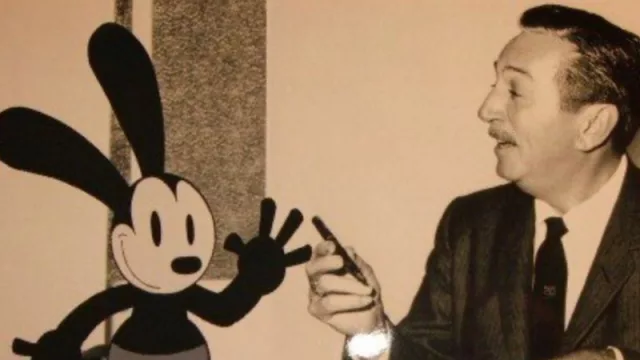
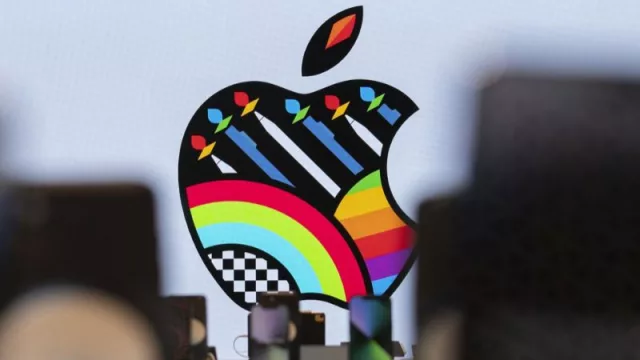
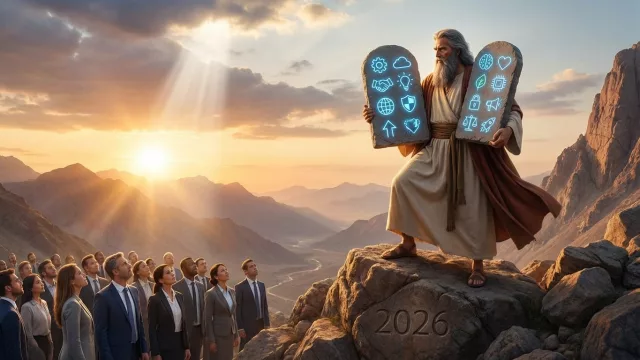

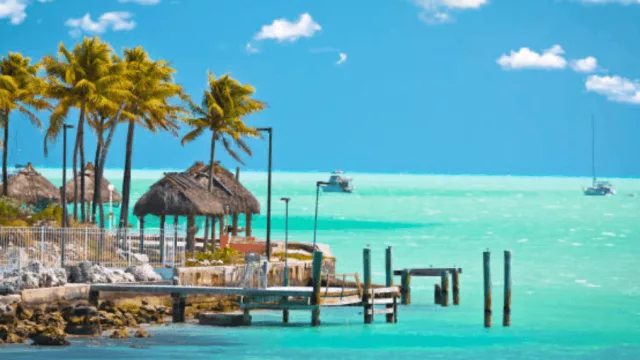
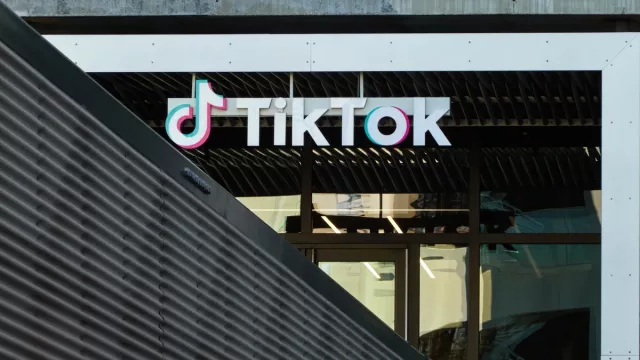
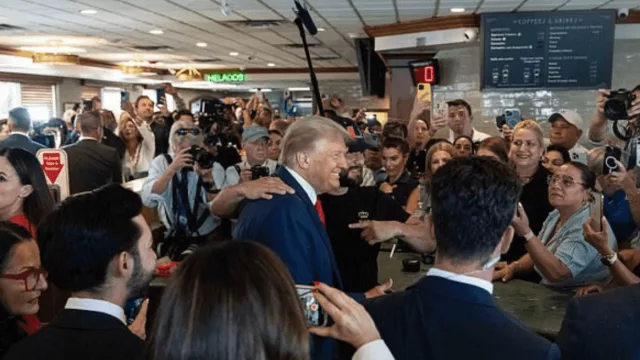
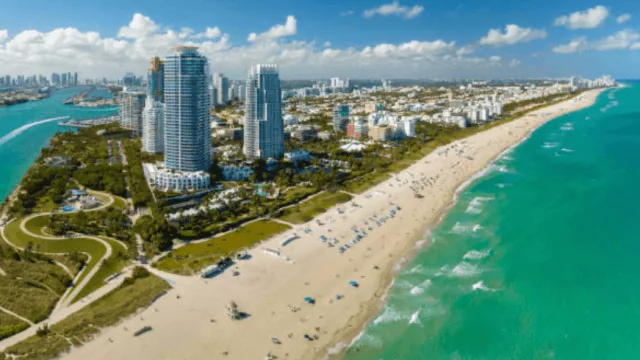
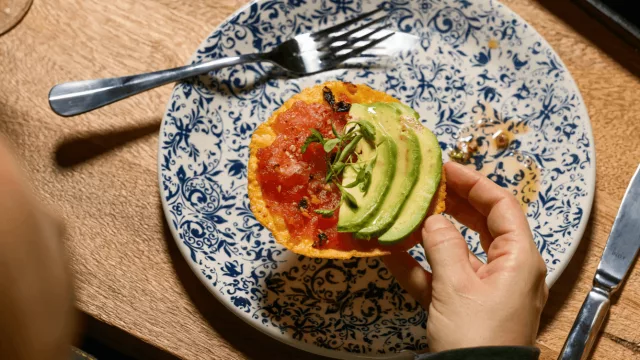
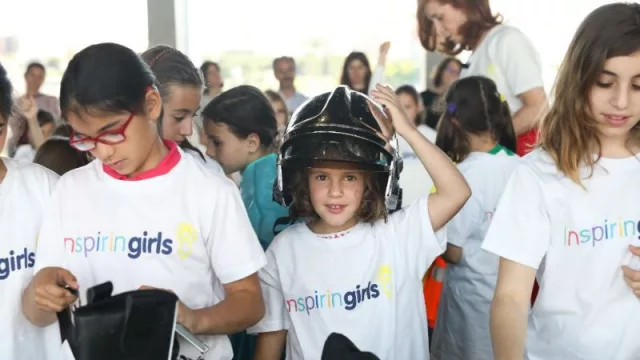
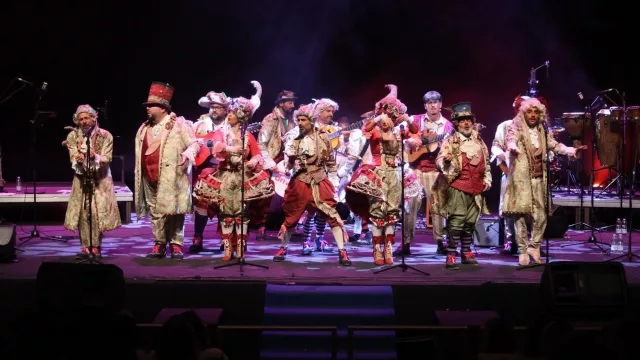

Tu opinión enriquece este artículo: